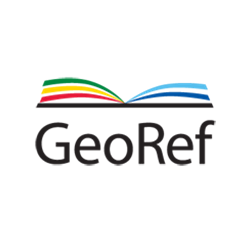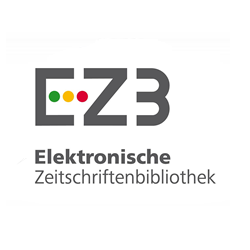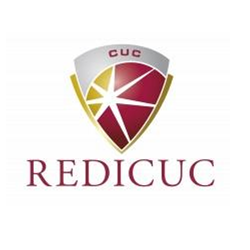Prospective methods implemented during the development of technology forecasting of electrical vehicles (EVS) and prospective technologies in Colombia
DOI:
https://doi.org/10.17981/ingecuc.11.2.2015.06Keywords:
Technology Forecasting, Prospective, Electrical Vehicles, Delphi rounds, Planning of scenariosAbstract
This paper presents prospective methodsimplemented during the development of Surveillance Technology in Electrical Vehicles and Prospective technologies in Colombia. These methods are developed for identifying related lines of research and emerging technologies which foster innovation. Methodologies are Delphi rounds and the planning of future scenarios. Both methodologies are implemented as tools to identify research topics that revolve around EVs in Colombia. The topics selected following the development of technology forecasting, were discussed by a group of experts who contextualized the information obtained from Colombia. From this analysis, scenarios were constructed. Technologies hampering the incursion of EVs in Colombia were determined, as well as the technologies with the greatest trend to be consumed and the most influential regulatory aspects.
Downloads
References
[2] J. Pérez Turpin and I. Blasco Mira, Metodologías de Investigación en las Ciencias de la Actividad Física y el Deporto: Ampliando Horizontes. Alicante: ECU, p. 309, 2007.
[3] C. I. Camargo Bareño, “Transferencia tecnológica y de conocimientos en el diseño de sistemas embebidos,” M.S thesis, Dept. Elect. and Electron. Eng. Univ. Nacional de Colombia, Bogotá, Colombia, 2011.
[4] E. Astigarraga, "El Método Delphi," Universidad de Deusto, Mundaiz, 2006.
[5] F. Tobar, "Análisis de Tendencias y Construcción de Escenarios," Argentina, 2006.
[6] M. L. Rodríguez, “Metodologías de la Investigación,” 2010. [Online]. Available: https://metodologiasdelainvestigacion.wordpress.com/2010/12/10/la-tecnica-prospectiva-de-los-escenarios/. [Accessed: 15-Oct-2013].
[7] P. Morcillo, “Vigilancia e inteligencia competitiva: fundamentos e implicaciones,” Rev. Investig. en Gestión la Innovación y Tecnol., vol. 17, pp. 10–17, 2003.
[8] M. Delgado-Fernández, J. L. Pino Mejías, F. M. Solís Cabrera, and R. del C. Barea Barrera, “Evaluación integrada de la innovación, la tecnología y las competencias en la empresa,” Rev. Investig. en Gestión la Innovación y Tecnol., vol. 47, p. 14, 2008.
[9] A. M. Gomes de Castro, “Estúdios de futuro: fundamentos, metodologias, técnicas,” Taller sobre Prospectiva de Cadenas Productivas-Colciencias, 2005. [Online]. Available: https://campusvirtual.univalle.edu.co/moodle/pluginfile.php/313404/mod_resource/content/0/fuerzas_propulsoras_restrictivas.pdf.
[10] B. Larsen, “Final report: Colombia: Cost of environmental damage: A socio-economic and environmental health risk assessment,” Bogota, 2004.
[11] M. Delgado-Fernández, M. Infante-Abreu, Y. Abreu-Lee, O. Infante-Pérez, A. Díaz-Batista, And J. Martínez-Moreno, “Vigilancia Tecnológica En Una Universidad De Ciencias Técnicas / Technological Surveillance In A Technical Sciences University,” Ingeniería Industrial, Vol. 32, No. 1. Pp. 69–75, 03-Jul-2011.
[12] K. Al-Mabrouk and J. Soar, “Building a framework for understanding and improving information technology transfer process in the Arab countries,” Proceedings of the 9th IBIMA Conference: Information Management in Modern Organisations - Trends & Challenges. International Business Information Management Association, 01-Jan-2008.
[13] M. V. Díaz Merchán, “Vigilancia tecnológica y prospectiva del vehículo eléctrico y tecnologías periféricas,” M.S thesis, Dept. Elect. and Electron. Eng., Univ. Nacional de Colombia, Bogota, Colombia, 2013.
Downloads
Published
How to Cite
Issue
Section
License
Published papers are the exclusive responsibility of their authors and do not necessary reflect the opinions of the editorial committee.
INGE CUC Journal respects the moral rights of its authors, whom must cede the editorial committee the patrimonial rights of the published material. In turn, the authors inform that the current work is unpublished and has not been previously published.
All articles are licensed under a Creative Commons Attribution-NonCommercial-NoDerivatives 4.0 International License.



 English
English
 Español (España)
Español (España)






















